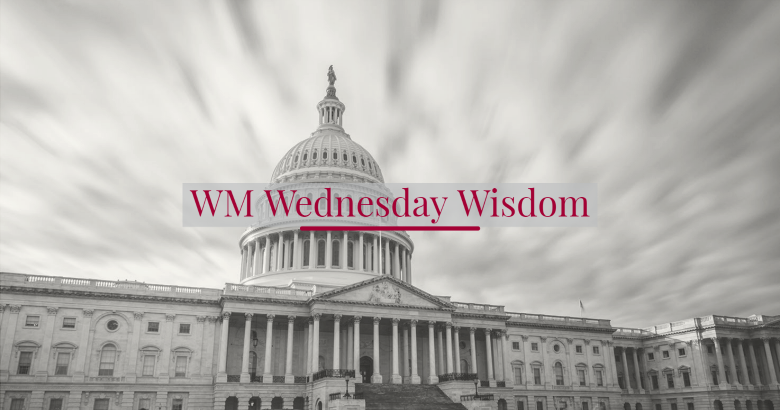Tax-Free Payments to Employees for COVID-19 Expenses
Employers wishing to aid employees impacted by COVID-19 should consider taking advantage of the Section 139 disaster relief. This section allows employers to reimburse employees for “qualified disaster” expenses. This provision was added to the Internal Revenue Code after 9/11 and only applies to federally declared disasters such as COVID-19.
This is very beneficial to employees because any amount received as a “qualified disaster relief payment” cannot be taxed to the employee as income. These payments do not need to be reported on a Form W-2 or 1099. In addition, any amounts paid as a “qualified disaster relief payment” are also deductible by the employer.
A “qualified disaster relief payment” under Section 139 includes payments by an employer, not compensated for by insurance or otherwise, paid to or for the benefit for its employees to:
- reimburse or pay reasonable and necessary personal, family, living, or funeral expenses incurred as a result of a qualified disaster; and
- reimburse or pay reasonable and necessary expenses incurred for the repair or rehabilitation of a personal residence or repair or replacement of its contents to the extent that the need for such repair, rehabilitation, or replacement is attributable to a qualified disaster.
The IRS hasn’t provided COVID-19–specific guidance on qualified disaster relief, but tax-advantaged treatment should be available for:
- unreimbursed medical expenses incurred for COVID-19 (co-pays, nonprescription drugs or critical care, etc.);
- new or increased expenses for children as a result of virtual learning requirements or school closings (child-care or tutoring for example);
- equipment or services needed to work remotely, such as computers, printers and Internet service;
- funeral expenses of an employee or a family member who dies from COVID-19; and
- other living expenses incurred as a result of COVID-19, such as masks, hand sanitizer, disinfectant cleaning products and grocery delivery services.
Qualified disaster relief doesn’t include payments that constitute compensation (for example, lost wages or sick pay) or payments for nonessential or luxury items.
Most advisors recommend that employers have a formal written plan although not required. The plan should describe who is an eligible employee (i.e., full time or part time, years of service, etc.), a listing of the expenses that are covered, a per-employee maximum allowance for reasonable expenses and how and when payments will be made.
Section 139 does not require employers to provide receipts or other proof supporting expenses. However, employers should consider doing so as part of its plan to control costs and to avoid claims from employees that are not related to COVID-19.
WM Wisdom:
Employers who are looking for ways to provide an “extra” benefit to employees impacted by COVID-19 or even attract new employees may want to consider implementing a Section 139 plan.
Questions?
Should you have questions about this topic, or any other topics related to your personal or business situation, please contact us at any time.
DISCLAIMER: The WM Update, WM Wednesday Wisdom, WM Daily Update COVID-19, COVID-19 Business Resources, COVID-19 Client News Alerts and other related communications are intended to provide general information, including information regarding legislative COVID-19 relief measures, as of the date of this communication and may reference information from reputable sources. Although our firm has made every reasonable effort to ensure that the information provided is accurate, we make no warranties, expressed or implied, on the information provided. As legislative efforts are still ongoing, we expect that there may be additional guidance and clarification from regulators that may modify some of the provisions in this communication. Some of those modifications may be significant. As such, be aware that this is not a comprehensive analysis of the subject matter covered and is not intended to provide specific recommendations to you or your business with respect to the matters addressed.


